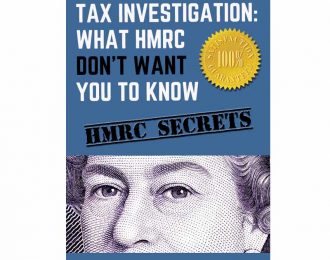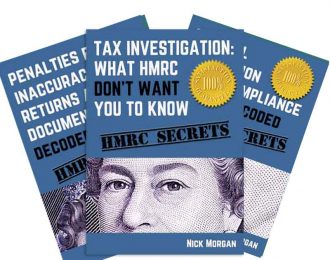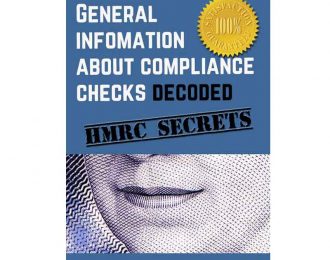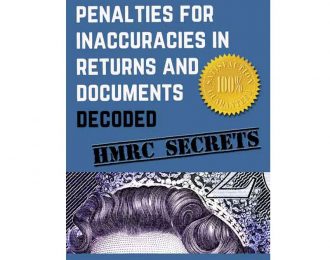What Is A Lifestyle Questionnaire?
In order to clobber you for tax, penalties and interest all HMRC needs to do is to show that your outgoings exceed your income. So they send out the questionnaire and / or ask you in the interview a series of questions to assess your outgoings.

Do you like going out? How many times do you go to the pub? Like takeaways? How many a week? Estimate your weekly shop total? And how much do you spend on clothes? Oh, and you know I asked what you spent at the pub, do you buy your friends drinks? I can see you are the generous sort!
We like to see ourselves as generous bon viveurs. So with only the smallest amount of encouragement it’s easy to paint a very misleading picture – particularly if your are trying to remember figures from over a year ago.
The moment you say you have one or two takeaways a week – costing about £12 each – HMRC take that figure and times it by 52 (the number of weeks in the year) which gives you over a £1k of outgoings.
Say you do the gallon on a Friday night and get a few rounds in for your mates, the sums look like this: £3.50 a pint x 8 = £28, plus drinks for friends £3.50 x 3 = £10.50. Weekly total 38.50. Then times that by 52 (the weeks in the year) and you’ve got just over a £2k spend on booze.
I’ll say this again (and put it in bold) to clobber you for tax, penalties and interest all HMRC needs to do is to show that your outgoings exceed your income.
This questionnaire is all the evidence they will need to throw the book at you and once you’ve filled out the form it’s very difficult to retract anything.
If you are in an interview situation and these questions come up you are well within your rights to say, ‘I can’t give these figures off the top of my head.’
If HMRC persist, the best thing to do is this: get all your paper records together for the year under investigation; so your bank statements, credit card statements and the like.
Once you’ve crunched those numbers, the rest is cash. So let’s say your total income (after deductions and including any gifts or interest) is £20k and you go through your paperwork and can account for a spend of £15k, you then have to account for a £5k cash spend.
The best way to deal with this is to keep a ‘cash diary’ for a month. Argue that this will give a much more accurate cash picture than trying to remember what you spent two years in the past.








